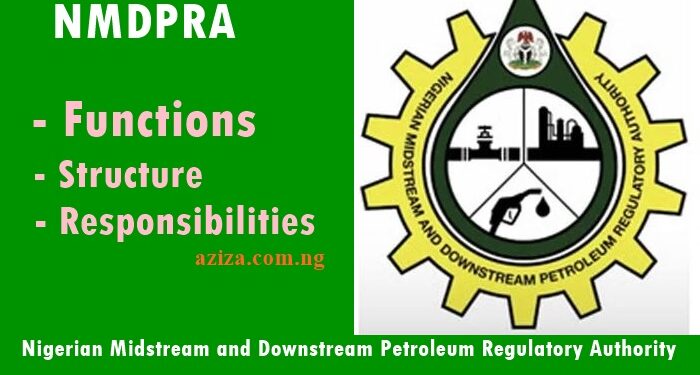The Nigerian Midstream and Downstream Petroleum Regulatory Authority (NMDPRA) has announced that the country’s daily petrol consumption figure now stands at 46.34 million litres per day. This reduction is attributed to the recent subsidy removal by the Federal Government, according to Mr Ahmed Farouk, the Chief Executive of NMDPRA.
During a stakeholder meeting with oil and gas downstream operators in Lagos on Monday, Mr Farouk revealed that the current figure represents a significant 35 percent decrease compared to the previous consumption of 65 million litres per day, prior to the subsidy removal.
He further detailed the daily consumption figures over the past months, stating that in January and February, the consumption stood at 62 million litres per day, March saw 71.4 million litres per day, April was recorded at 67.7 million litres per day, May witnessed 66.6 million litres per day, June dropped to 49.5 million litres per day, and July showed the current rate of 46.34 million litres per day.
The stakeholders meeting also aimed to review the downstream sector’s performance following the subsidy removal and to acknowledge and thank the marketers who chose to import petrol. Mr Farouk stated that out of the 56 companies that applied for import licenses, only 10 made commitments to import petrol. Presently, Emadeb Energy, A.Y Shafa, and Prudent Energy are the three marketers who have successfully imported petrol into the country. Others, including 11 Plc, have also expressed interest in importing petrol in the coming months.
Addressing the shift in the market, Mr Farouk emphasized that the era of subsidy payments is over, and the market is now liberalized to encourage competition among various players. He urged interested marketers to apply for licenses and compete to ensure the availability of petrol across the nation. The NMDPRA aims to prevent any single dominant player in the market, seeking to level the playing field for fair competition.
To safeguard consumers, the NMDPRA is collaborating with the Federal Competition and Consumer Protection Commission (FCCPC) to monitor and regulate the market, ensuring that marketers do not take undue advantage of consumers. The focus will also be on the quality of imported products to prevent substandard petrol from entering the market.
The stakeholders’ meeting saw the attendance of managing directors from all downstream sector operators and representatives from the Major Oil Marketers Association of Nigeria (MOMAN) and Depots Owners Association of Nigeria (DAPPMAN), among others.
With the country adapting to the subsidy-free market, how increased competition will impact petrol prices and availability throughout Nigeria remains to be seen. The NMDPRA continues to work towards consumer protection and maintaining quality standards in the downstream petroleum sector.









